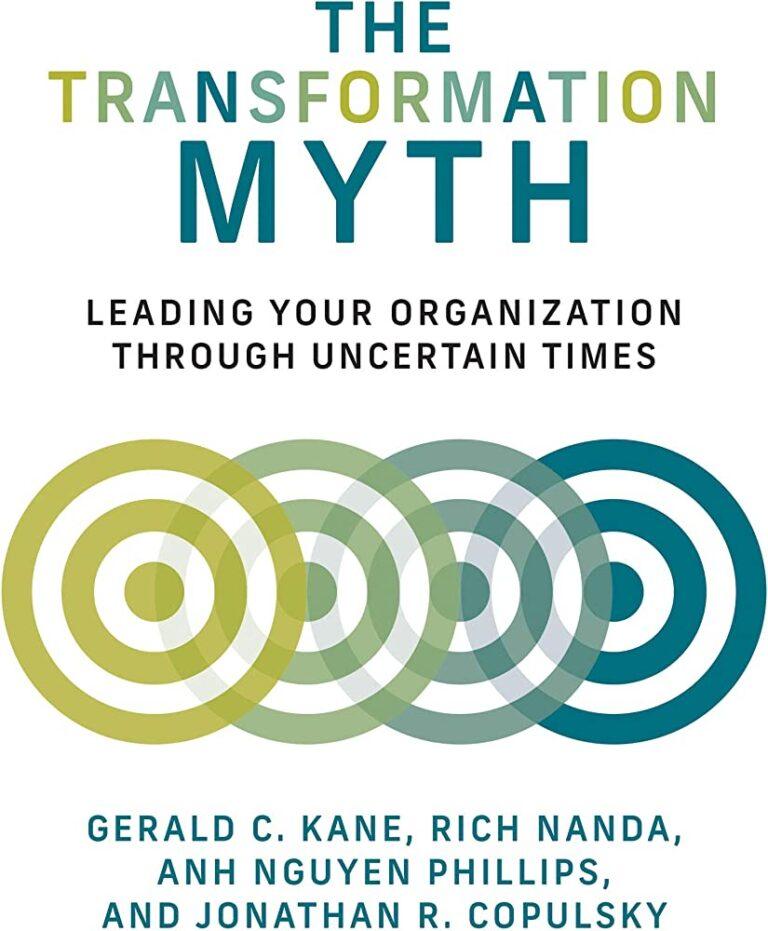Dairy is often demonized as the root cause of many tummy-related woes, but gastroenterologists say it doesn’t necessarily deserve the bad rap it often gets when it comes to your gut. (Of course, those with dairy intolerances or allergies can certainly disregard this message.)
To explore how dairy can, in fact, be good for the gut, we caught up with Sarah Robbins, MD, MSc, FRCPC, a gastroenterologist, gut health expert, and the Founder of Well Sunday, an educational platform for digestive health, who says there are five (!) key types of dairy foods that can help boost gut health. (Mooo Wooo!) Ahead we delve into the best dairy foods for the gut… and, yes, cottage cheese has made the cut.
Why dairy products have a reputation for tampering with your tummy
Indeed, not all dairy foods are created equal—especially not when it comes to gut health. According to Dr. Robbins, determining the best types of dairy for gut health is contingent on a few important factors: Probiotic content, lactose levels, production, processing methods, and individual tolerances to certain types of dairy, to name a few.
To further detail why dairy products often get a bad rap gut health-wise, Dr. Robbins delves into the elephant in the room: Lactose. “Lactose is the natural sugar found in milk, and individuals who are lactose intolerant may experience digestive discomfort when consuming dairy,” she says. That said, generally speaking, many dairy products, like hard cheeses and fermented dairy, have naturally lower lactose levels because of the fermentation process, which makes them easier to digest. “You can also find dairy products with lactase enzymes added to break down the milk sugar or use over-the-counter lactase supplements to reduce lactose intolerance,” Dr. Robbins says.
“Lactose is the natural sugar found in milk, and individuals who are lactose intolerant may experience digestive discomfort when consuming dairy.”—Sarah Robbins, MD, MSc, FRCPC
Ahead Dr. Robbins shares five gut-friendly dairy products to add to your shopping list that meets three important criteria: They must be easily digestible, promote a healthy gut microbiome, and be unlikely to cause digestive issues.
The 5 best types of dairy for gut health, according to a gastroenterologist
1. Yogurt
First up on the list is yogurt. But not just any kind—we’re talking about types like skyr and Greek yogurt. According to Dr. Robbins, it’s imperative that it contain live cultures of beneficial bacteria (aka probiotics), such as Lactobacillus and Bifidobacterium strains, which can help improve gut health. “These probiotics can promote gut health by improving digestion, enhancing nutrient absorption, and supporting the balance of gut bacteria,” she says. To ensure you’re getting the real deal, Dr. Robbins recommends looking for labels that explicitly read: “Live and active cultures.”
Additionally, when choosing the best type of yogurt for gut health, Dr. Robbins notes that the simpler, the better. “The processing and additives present in some dairy products can impact gut health [in a negative way]. For example, certain flavored yogurts or dairy desserts may contain added sugars, artificial sweeteners, or additives that can disrupt gut microbiota and potentially lead to inflammation or digestive issues,” she says. “As such, you’ll want to choose plain or minimally-processed dairy products without added sugars or unnecessary additives.”
2. Kefir
The tangier sibling of yogurt, kefir, is a fermented milk product rich in probiotics. So, why is it good for the gut, you may ask? “Kefir typically contains a combination of bacteria and yeast strains that can contribute to a healthy gut microbiome,” Dr. Robbins says. It’s also worth emphasizing that, unlike yogurt, kefir is made with both live bacteria and yeast, while yogurt is only made with live bacteria cultures. (So kefir = higher probiotic potential than yogurt.)
3. Cottage Cheese
There’s no denying that cottage cheese is seriously having a moment. (Hi, cottage cheese ice cream.) And it’s extra comforting to hear it has a gastros seal of approval, too.
“Cottage cheese is a good source of protein and contains small amounts of beneficial bacteria. It’s also well-tolerated and easy to digest,” Dr. Robbins says. “The protein content in dairy foods [like protein-packed cottage cheese] can also positively impact gut health. Dairy proteins are high-quality proteins that contain essential amino acids. These proteins can promote satiety, support muscle growth and repair, and contribute to overall gut health.”
4. Fermented Cheeses
Hip, hip, hooray! (Fermented) cheeses make the cut, too. “Certain types of cheese, like cheddar, Gouda, and Swiss, undergo a fermentation process which increases probiotics and enhances their gut health benefits,” Dr. Robbins says. “Fermented dairy products can contribute to the production of short-chain fatty acids—SCFAs—in the gut. SCFAs, such as butyrate, acetate, and propionate, are beneficial for gut health. They serve as an energy source for the cells lining the colon, support the integrity of the gut barrier, and have anti-inflammatory properties,” she says.
5. Lactose-Free Dairy Products
For individuals who are lactose intolerant, lactose-free dairy products, such as lactose-free milk and yogurt, are the way to go. Dr. Robbins explains that these products are easier to digest because the lactose (milk sugar) has been removed or broken down—without compromising on flavor.
So, how much dairy should you be consuming regularly?
Dr. Robbins says it’s important to remember that the recommended amount of dairy consumption can vary depending on several factors, such as age, sex, overall health, and dietary preferences. Or even other considerations such as cultural, regional, and nutritional differences. However, the general rule of thumb is consuming about two to three servings of dairy or dairy alternatives per day is recommended for adults in the U.S., she says. For context, that’s the equivalent of one cup of milk or yogurt or one and a half to two ounces of cheese.
Dr. Robbins says it’s important to remember that the recommended amount of dairy consumption can vary depending on several factors, such as age, sex, overall health, and dietary preferences. Or even other considerations such as cultural, regional, and nutritional differences.
That said, if you prefer or need to avoid dairy, Dr. Robbins suggests opting for unsweetened, fortified plant-based milk alternatives—like almond, soy, or oat milk—for the most benefits. “The recommended serving size for these alternatives is usually similar to dairy milk—around one cup.
Also, Dr. Robbins stresses the importance of consuming dairy products along with fiber. “Pairing dairy with fiber-rich foods can have several benefits for digestion and overall gut health. When dairy foods are consumed in combination with fiber-rich foods—such as fruits, vegetables, whole grains, and legumes—the fiber can slow down the digestion and absorption of carbohydrates,” she says. What’s more, fiber is a key prebiotic that provides nourishment for beneficial gut bacteria that maintain a healthy microbiome. (Win-win.)
Oat milk: Yes or no? An RD has answers:
This content was originally published here.




















